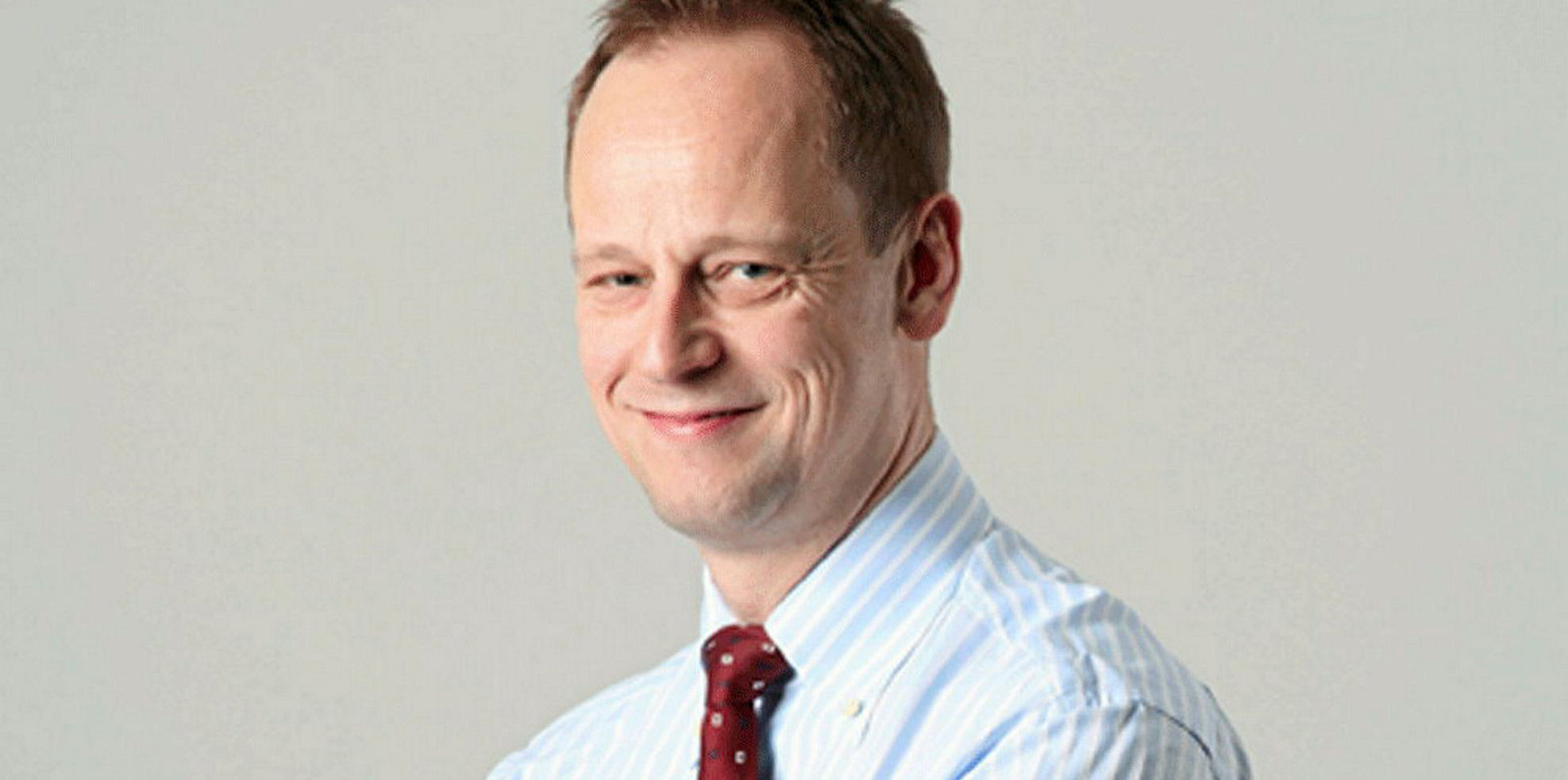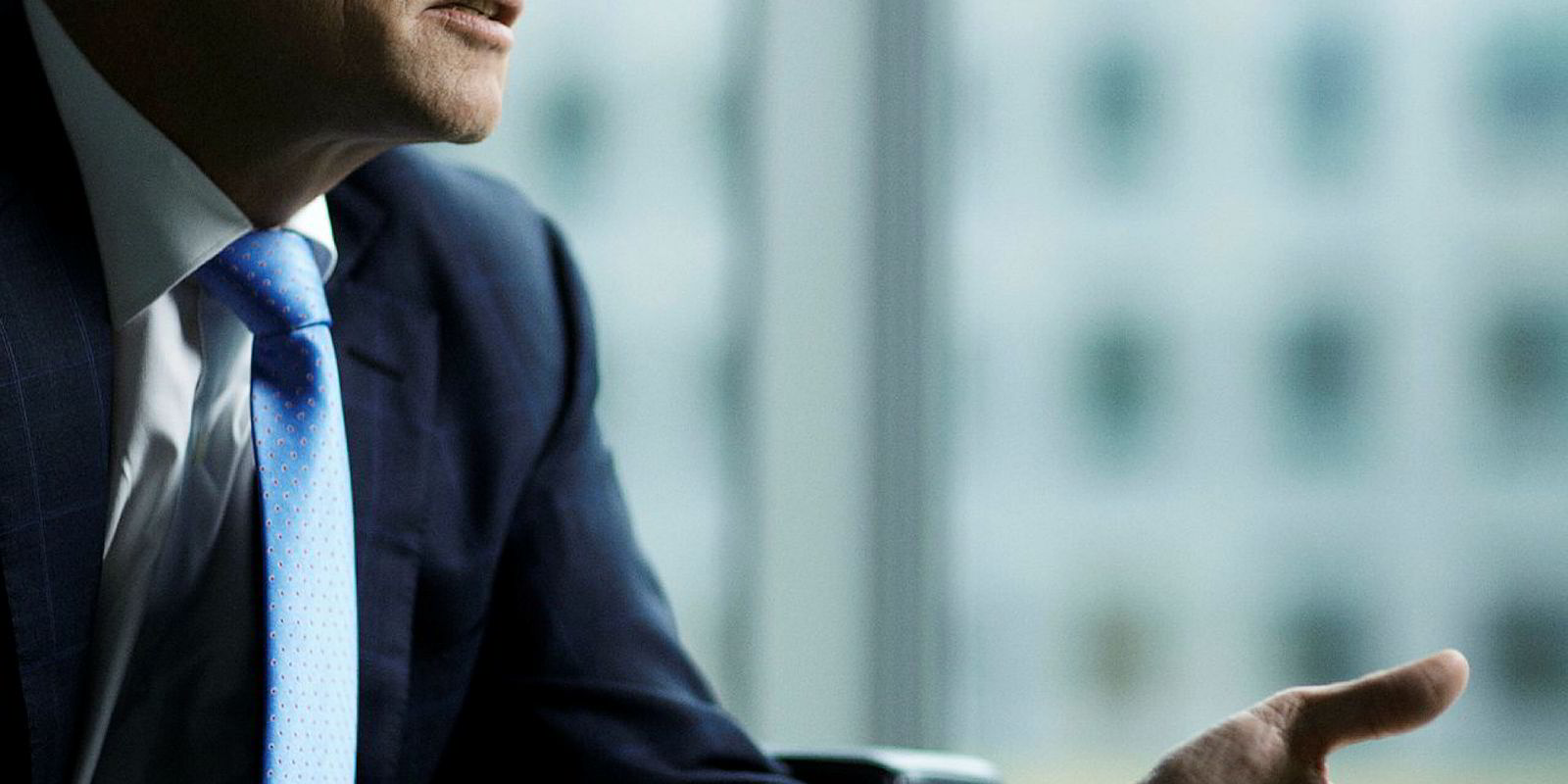The €600m ($695m) acquisition of Unifeeder by DP World heralds a new era for the Danish feeder operator in a global markets, believes chief executive Jesper Kristensen.
Previous investors in Unifeeder have been private-equity players that have remained in the business for a few short years.
1977: Unifeeder is founded in Aarhus and Copenhagen by Peter Bohnsen and Tonny Paulsen. It starts with a chartered, 100-teu vessel in the Baltic Sea
1985: Unifeeder launches its shortsea business and its annual volume passes the 200,000-teu mark.
1995: Unifeeder’s annual volume goes beyond the 500,000-teu mark.
2003: Unifeeder, Container Feeder Service, reaches the landmark of one million teu.
2010: Unifeeder acquires IMCL and significantly strengthens its presence in the Baltic area.
2012: Unifeeder establishes feeder services in the Mediterranean Sea between Spain, Algeria and Tunisia.
2012: Unifeeder acquires Feederlink and offices services in the UK.
2013: Nordic Capital buys Unifeeder.
2013: Unifeeder purchases United Feeder Services and strengthens its presence in the Mediterranean and Black Sea.
2014: Danica Pension acquires a minority shareholding of Unifeeder.
2015: Unifeeder buys Tschudi Line to create the leading shortsea operator in Northern European.
2018: Unifeeder becomes part of DP World Group
Source: Unifeeder
That includes outgoing Danish shareholder Nordic Capital, which acquired its stake in 2013.
But the takeover this week by DP World — its first of a European liner operator — is deemed a long-term strategic move by the Dubai-based port operator.
Global player
It is expected to herald the transformation of Aarhus-based Unifeeder into a global feeder company.
“It is a play on geography, a play on expansion, and a play on knowledge,” Kristensen said.
That points towards a diversification of Unifeeder from its European routes, and into Middle East and Asian services.
“There is a geographical thinking behind this," Kristensen said. "There is a belief in taking the Unifeeder platform and doing something more about it."
The Dane believes other geographical regions can be served using the same model, which has turned the company into the biggest pan-European feeder operator.
He added that the takeover also has implications for Unifeeder’s shortsea European intermodal business, which has been hampered by a lack of scale.
“One of the biggest obstacles being an intermodal player in Europe is size,” Kristensen said. “Joining forces with somebody who has a deeper European presence can only be an advantage.”
Service restriction fears
Some question whether Unifeeder's services might be restricted in the future to serve terminals operated by DP World.
But Kristensen said that would be “counter-intuitive” and unlikely to happen because it would jeopardise the “neutrality” of Unifeeder in the eyes of liner shipping clients.
“It would be the stupidest thing to do to try to limit that neutrality,” he said. “Unifeeder’s platform is all about being able to join cargo from different sources onto one platform.”
Kristensen said Unifeeder sees no need to move into vessel ownership under its new owners but remains wholly reliant on the charter market for a fleet of 65 vessels.
He believed that gives Unifeeder the flexibility to adjust to the ups and downs of the freight market, such as when sanctions against Russia led to a downturn in feeder volumes in 2015 and 2016.
But Kristensen said that 2017 was “a very good year” because more clients outsourced their feedering requirements to the company.
“We have proven that as one market decreases, you recalibrate your systems,” he said.
Kristensen added that Unifeeder will continue to search for partnerships under DP World ownership to increase its scale and scope of operations.
It is already one of the largest feeder operators in Europe with the most partnerships, slots and joint ventures.
He described Unifeeder as more of a logistics business rather than a shipping company.
“We don’t own anything, don’t have assets, and are very anti-cyclical,” Kristensen said.
That may have appealed to DP World, which views the Unifeeder acquisition as part of a strategy of logistics diversification, DP World spokesperson Mike Vertigans said.





